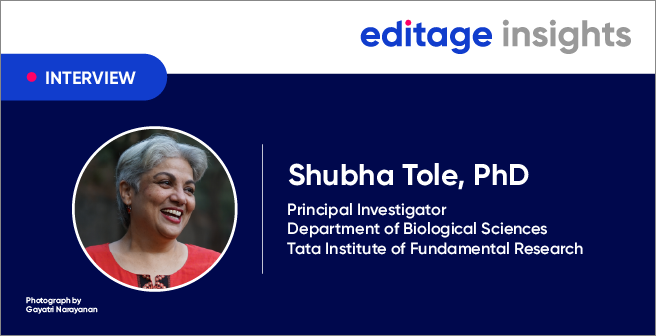On getting graduate students to revise their writing

I’m going to add to this REALLY useful post by ScholarStudio.
What am I going to add? A student’s affirmation. As a PhD student who was constantly penalised in their high school years for ‘unclear writing’ and ‘needs structure,’ I understand the impact of good feedback, and desperately wanting to make the requested revisions.
I didn’t just want better grades. I wanted to become a better writer.
Sadly, not all of my teachers had the skills to help me. I used to receive feedback that was nothing more than a single question mark next to an entire paragraph. Just ‘?’ What does ‘?’ mean? What are you referring to with ‘?’ Are you confused? Do I need to elaborate, or clarify something? A single question mark does nothing to help me improve my work. It’s clear to see how ‘?’ might be poor feedback, but so are vague words like ‘structure’ and ‘clarify,’ particularly if the student does not know how to interpret your feedback. Have they been taught how to structure an assignment before? In my case, I was not formally shown how to structure an assignment until I was 18 years old, and at university. Throughout high school, teachers made assumptions that this information was taught at some earlier point, and refused to revisit the subject.
The earliest attempt I received at teaching ‘structure’ was a hamburger metaphor, which is fine and dandy for an 800-word assignment, but what are students to do in the case of a 1,500-word assignment? Or a 3,000-word assignment? ‘Introduction,’ ‘Body,’ and ‘Conclusion’ wasn’t enough. If, and when, they did revisit the topic of ‘structure,’ it was very brief and dismissive. “So I’m sure you all know this by now,” they’d begin, “so I’m just going to brush over it today so we can get to the important stuff.”
Structure, particularly for me, was the important stuff. I was too shy to stick my hand up and ask for the teacher to stop teaching content until I had understood formats. So, when an assignment draft was returned to me for the third time with ‘structure’ written in angry red pen at the bottom of my paper, I felt somewhat bullied. Maybe, instead of writing the same feedback over and over despite no improvement, you should structure your own feedback. Be specific.
The best teachers gave the best feedback, and my work improved in leaps and bounds. I went from a 65% average to a 95% average. All because an educator bothered to outline what an essay structure should look like. I followed the outline to the letter, and started to understand academic writing. Now, vague feedback like ‘clarify’ and ‘expand’ don’t frazzle me because I know what those terms mean. Thankfully, I don’t have to do too much interpretation since my PhD supervisors are blessedly specific, which helps me immensely when it comes to drafts and editing large chunks of writing. My co-supervisor highlights a specific sentence, and says ‘find a quote,’ or ‘did an author say this?’ and ‘change phrasing to an academic tone.’ All of these items of feedback are great because they’re all something I’ve missed, and things that will help my project in the long run.
So, teachers and supervisors: Help your grad students and be specific. If, like myself, the student has gone an embarrassingly long time before someone has sat them down and explained what ‘structure’ or ‘grammar’ means on their feedback, please be kind. They managed to get this far; in all honesty, we’re relying on you to help us along the home stretch.
Madeleine Kendrick (@MIKendrick94) is a PhD candidate (Scholarship Recipient, Full-time), an Academic Research Assistant, and a Business Consultant. This story was published on November 15, 2018, on Madeleine’s blog, Research & Beyond (available here), and has been republished here with her permission.




